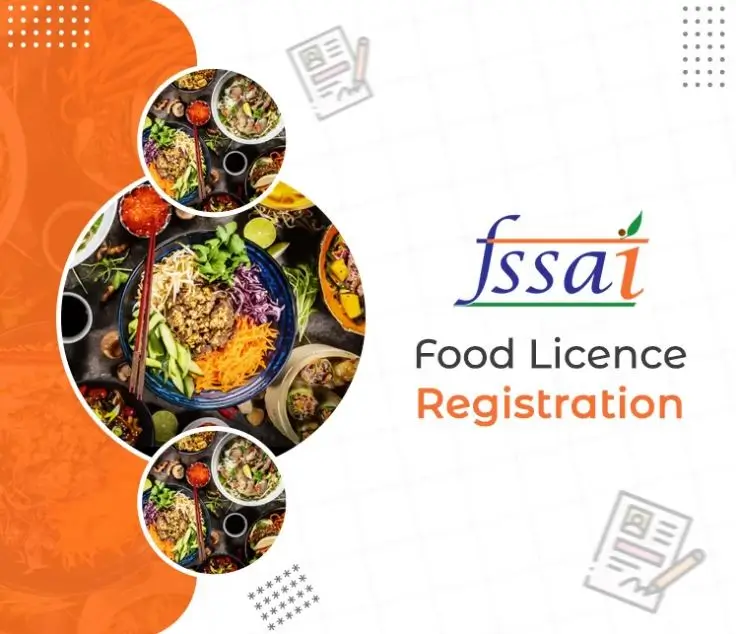The FSSAI License is a mandatory certification issued by the Food Safety and Standards Authority of India to all food business operators (FBOs) in India to ensure food safety and hygiene standards.
Any business involved in the manufacturing, processing, packaging, storage, distribution, or sale of food products must obtain an FSSAI license. This includes:
- Restaurants
- Food manufacturers
- Catering services
- Food importers/exporters
- Home-based food sellers
- Food delivery services (like cloud kitchens)
3. What are the types of FSSAI Licenses?
There are three types of FSSAI registrations/licenses:
- FSSAI Basic Registration (for small FBOs with annual turnover below ₹12 lakh)
- FSSAI State License (for mid-sized FBOs with turnover between ₹12 lakh – ₹20 crore)
- FSSAI Central License (for large FBOs with turnover above ₹20 crore or operating in multiple states)
4. How can I apply for an FSSAI License?
You can apply online through the official FSSAI portal: https://foscos.fssai.gov.in
Steps:
- Create login credentials
- Choose license type (Basic, State, Central)
- Fill in the application form (Form A or B)
- Upload required documents
- Pay the fee
- Await approval and inspection (if applicable)
5. What are the documents required for an FSSAI License?
Some commonly required documents include:
- Photo ID and passport-size photo of the applicant
- Business registration certificate (e.g., GST, MSME)
- Address proof of premises
- Food safety management plan (for State and Central License)
- List of food products to be handled
(Requirements vary based on type of license)
6. How long does it take to get an FSSAI License?
It typically takes 7–60 working days depending on the license type and whether an inspection is required.
7. What is the validity of an FSSAI License?
The license is valid for 1 to 5 years, based on the choice made during application. It must be renewed before expiry.
8. Is it possible to renew an FSSAI License?
Yes. Renewal should be done at least 30 days before the license expires via the FSSAI portal.
9. What happens if I operate without an FSSAI License?
Operating without a valid license is a punishable offense under the FSS Act, 2006. Penalties include:
10. Is the FSSAI License number mandatory on food packages?
Yes. As per FSSAI regulations, the 14-digit FSSAI license number must be printed on all food packaging labels and displayed at food outlets.
11. Can I transfer my FSSAI License to another person or business?
FSSAI license is non-transferable. However, in case of the death of a proprietor, it can be transferred to a legal heir upon request and submission of documents.
12. What is FoSCoS?
FoSCoS (Food Safety Compliance System) is the new online platform launched by FSSAI to replace the older FLRS system for applying, renewing, and managing FSSAI licenses.











